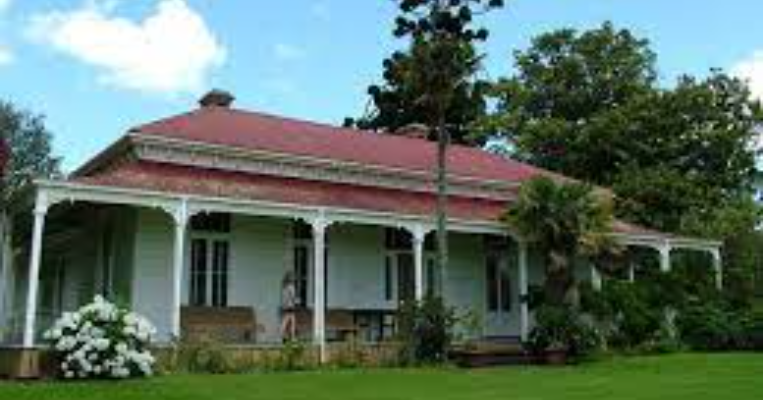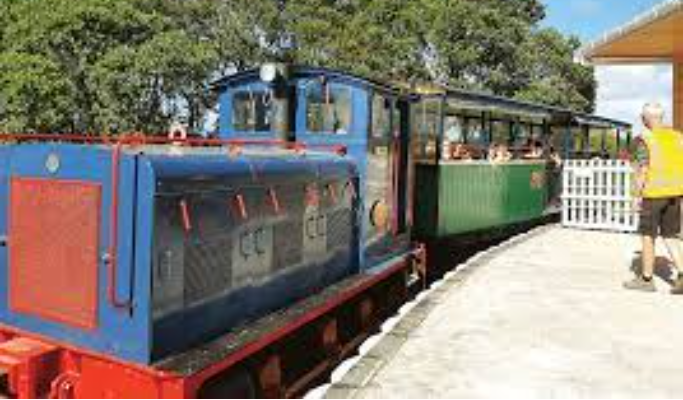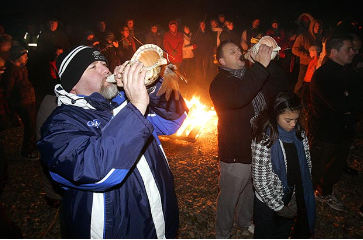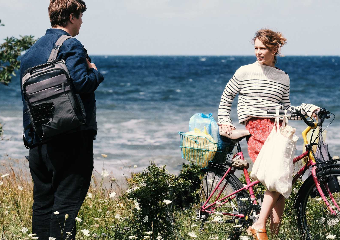A multifaceted visitor experience with something for everyone in one very special place
The only kiwi and tuatara viewing in a controlled environment in the Northland region. Learn why the environment and its animals are so unique and special. The museum tells the stories of its people and place, and there are some travelling exhibitions. A beautiful 25 hectare site with its original 1886 heritage homestead and other historic buildings. Room to stroll and relax in a spacious, family friendly environment.




